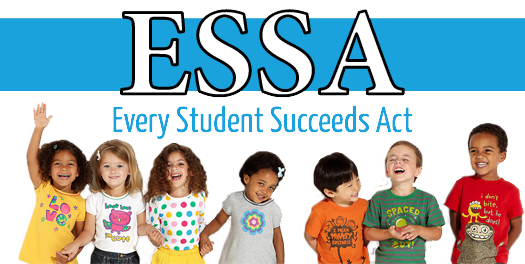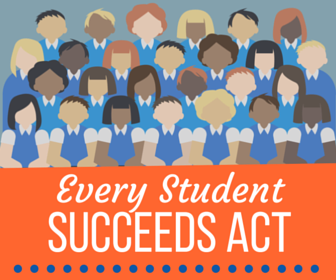Based on your enrollment, your school may be entitled to a Guidance Counselor at no cost through Title I funds authorized by the ESSA.
Key highlights of the Every Student Succeeds Act (ESSA) include language adding services for non-instructional supports such as school counselors (counseling services), school based mental-health programs, behavior and mentoring supports, and social and emotional learning to meet a broad range of student needs. These funds may be used to improve attendance, to counteract and prevent bullying, for school-based mental health programs, to provide positive behavioral interventions and supports, or any other strategies to improve students’ nonacademic skills.
United Testing Service, the premier school staffing provider, is ready to:

Inquire About A Title I Guidance Counselor
After submitting this form, a staffing specialist will contact you to coordinate staffing your Title I Guidance Counselor.
Your Title I Guidance Counselor Can…
Every Student Succeeds Act & Title I Funds

The Every Student Succeeds Act (ESSA) was passed by Congress and signed into law in December of 2015. This law continues programs such as Title I for
services to the disadvantaged, with a focus on improving the academic achievement of the disadvantaged.
However, the ESSA removes the limitations of a traditional pull-out program by which Title I, Part A funds were used. Services paid for are no
longer limited to additional instruction in core subject areas.
Title I funds may now be used more flexibly to meet a broad range of student needs and to be used for non-instructional supports such as school
counselors (counseling services), school based mental-health programs, behavior and mentoring supports, and social and emotional learning. These
funds may be used to improve the quality of instructional materials, improve attendance, counteract and prevent bullying, school-based mental health
programs, provide positive behavioral interventions and supports, or any other strategies to improve students’ nonacademic skills. In addition, Title I funds
may be used for two-generation approaches that consider the needs of both vulnerable children and parents, together, in the design and delivery of
services and programs to support improved economic, educational, health, safety, and other outcomes that address the issues of intergenerational poverty.
